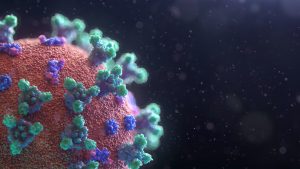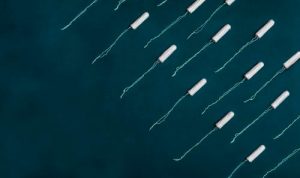A study conducted by the George Institute for Global Health has found that certain reproductive events in a woman’s life can heighten the risk of developing dementia at a later point.
The study was published in the journal ‘PLoS Medicine’.
The findings of the study revealed that some life events such as the early or late onset of menstruation, menopause or the procedure of hysterectomy can pose a higher threat of developing dementia. On the other hand, events like pregnancy or abortion can be linked to a lower risk of developing the cognitive disorder.
Jessica Gong, the lead author of the study, said that although reproductive events can cause a change in hormone levels that may put the individual at risk for dementia, the exact association between the two remains largely unknown.
Also Read: 5 ways sleep deprivation affects your hormonal balance
“While the risk of developing dementia increases with age, we don’t yet know whether the higher rates seen in women are simply because they live longer,” explained Gong.
“But it’s possible that female-specific reproductive factors may be able to explain some of the sex differences,” she said.
To conduct the study, the researchers at George Institute examined the data of 273,240 women without dementia who had registered to the database of UK Biobank.
Also Read: Study: Carbs, sugary foods may impact oral health
“With regard to external hormones, the use oral contraceptive pills was associated with a lower risk of dementia, but our study findings did not support an association between HRT (hormone replacement therapy) and dementia risk,” Gong said.
“We found that the higher dementia risk linked to early (natural and artificial) menopause was more pronounced in women of lower socioeconomic status,” she added.
Also Read: COVID-19 increases risk of type 2 diabetes by 28%: Study
“Social deprivation is likely to be an important determinant of dementia risk as well as other aspects of women’s health,” Gong concluded.





